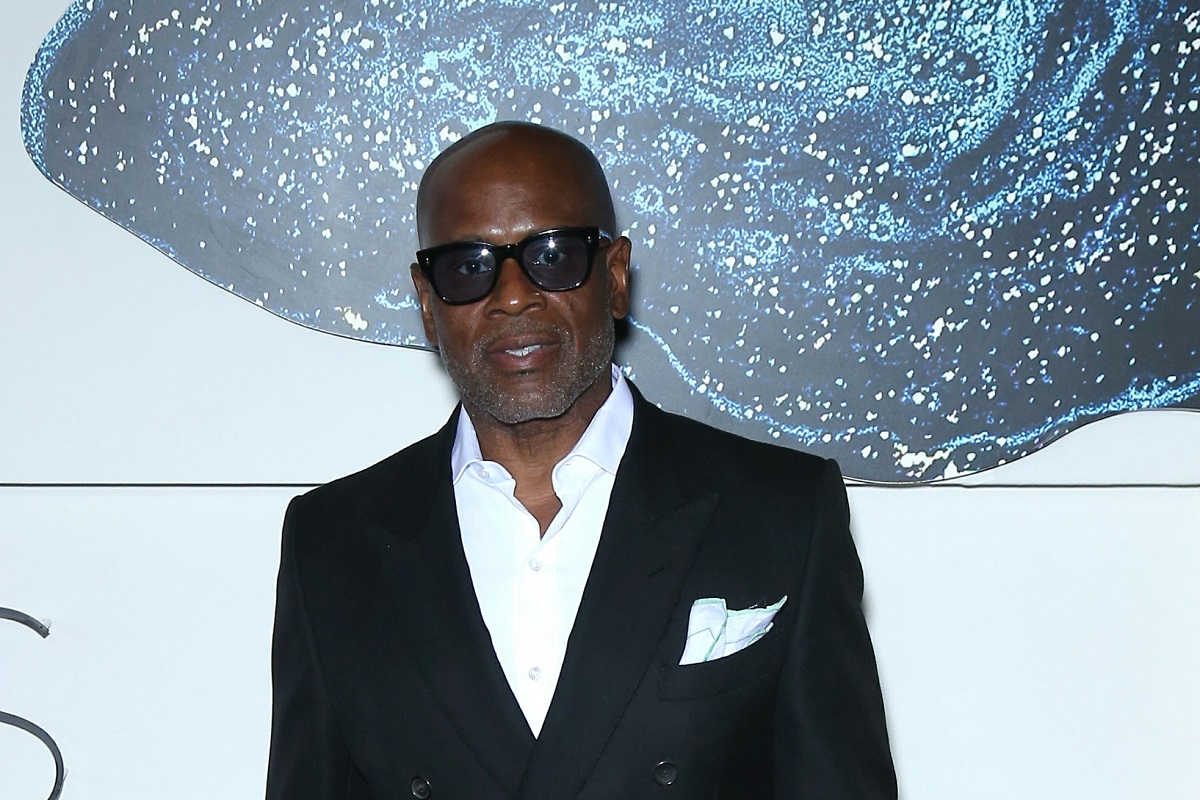Drew Dixon responded to L.A. Reid’s motion to dismiss two counts and certain statutory references in her sexual assault lawsuit on Monday (January 22). According to court documents obtained by AllHipHop, Dixon reiterated how Reid ignored opportunities to sign Kanye West and others after she rejected the music executive’s sexual advances.
“Following the second sexual assault in Mr. Reid’s car, Ms. Dixon intensified her efforts to avoid Mr. Reid,” Dixon’s lawyers explained. “However, Mr. Reid persisted in trying to corner her alone by inviting her to meetings in his hotel room night after night. When Ms. Dixon resisted his efforts, Mr. Reid grew angry and increasingly hostile towards her, as well as to her artists, and her ideas. This was a drastic reversal from Mr. Reid’s enthusiasm about her creative taste and instincts over the years, and harm came from the fact that Mr. Reid would directly respond to Ms. Dixon’s rejection of his sexual advances by punishing the artists Ms. Dixon had already signed or by blocking the artists she attempted to sign. This included future superstars like Kanye West, John Legend and Toya.”
Dixon accused Reid of sexually assaulting her twice when the two worked together at Arista Records. Dixon sued Reid for sexual battery, false imprisonment, intentional infliction of emotional distress and gender-motivated violence in 2023.
Reid asked a New York court to dismiss Dixon’s false imprisonment and emotional distress complaints. He also wanted the court to strike certain citations in her sexual battery claim.
Dixon urged the court to deny Redi’s motion in its entirety. She said the false imprisonment and emotional distress counts were covered by New York’s Adult Survivors Act. Dixon also pushed back against Reid arguing for an improper venue-related dismissal.
“While Defendant’s first false imprisonment of Plaintiff took place in flight on his private plane, the acts that made this unlawful confinement possible took place in Manhattan within the Court’s territorial jurisdiction in the Southern District of New York,” Dixon’s lawyers contended. “As described in the Complaint … the planning, scheduling and booking for the Arista Records retreat was completed by Arista Records staff based in Manhattan at an address located in the Southern District of New York. Karen Kwak, the Manhattan-based administrator who deceived Ms. Dixon into believing she and Mr. Reid would be traveling to Puerto Rico with a group of executives, told her of this fake plan at the Arista Records office in Manhattan, which is located in the Southern District of New York. Thus, a substantial part of the acts associated with Mr. Reid’s first false imprisonment of Ms. Dixon occurred within the Southern District of New York—without which the confinement would not have been possible.”
Dixon claimed Reid continued to make her life difficult after she left Arista Records, using his industry influence to punish her for rebuffing his sexual advances. She requested unspecified damages in her lawsuit.
